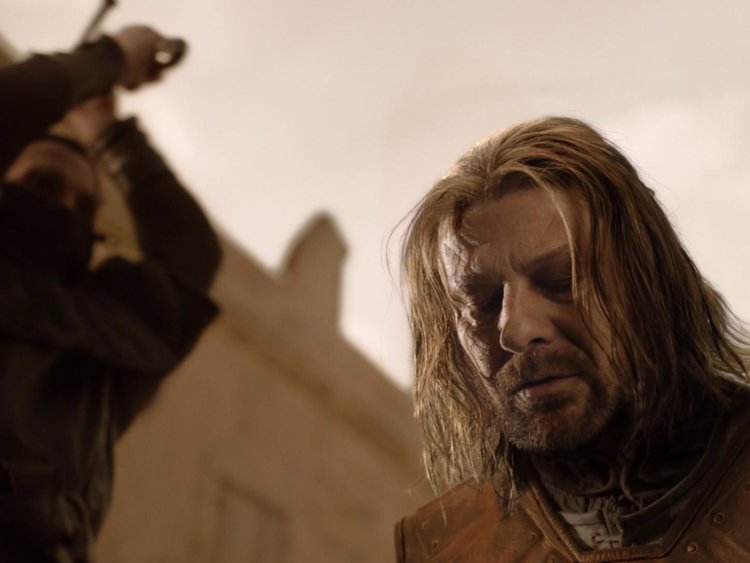Crafting a good character takes patience, prowess, and a mighty fine pen. Killing a good character takes a sadistic demeanor that demands tears, gasps, and sometimes even screams from your audience. Mixed feelings aside (damn you George R.R. Martin), mourning a beloved character changes you. It forces you to grieve in some unforeseen ways: binge eating, rewatching, maybe a bender or two? All the while wondering how a fictional character could have such a profound effect on your ability to function.
We’re adults, and being an adult means reminding yourself, “It’s just a show, I’m not going to think about it anymore.” But we never forget. Here’s just a handful of characters we may never forgive the writers for giving the ax and leaving us in disrepair. Spoilers most definitely follow…and maybe residual tears.
Cover Photo: HBO
Good riddance: RANKED! The Most Satisfying ‘Game of Thrones’ Deaths
On a lighter note: 8 Badass Movie Characters Every Man Wishes He Could Be In Real Life
Follow Mandatory on Facebook, Twitter, and Instagram.
Discombobulating Character Deaths
-
Ned Stark in 'Game of Thrones'
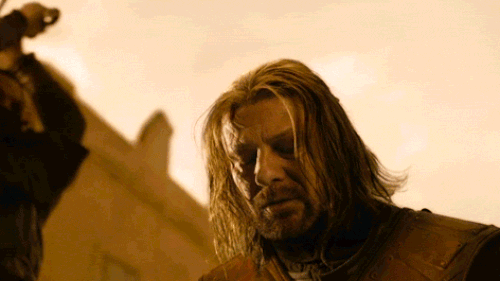
Obviously Ned Stark. The quintessential shocker. This death was made even more devastating due to the comprising of Ned's honor. After papa Stark lost his head, the door was wide open for heartache as every GoT character became fair and demoralizing game. Others were lost along the way, like Robb, Catelyn, Ygritte, and Oberyn. However, no one will forget the death that changed everything and seared a wound in our soul—an injury David and Dan continued to pour salt into until the show's untimely end (interpret that as you will).
-
Christopher Moltisanti in 'The Sopranos'
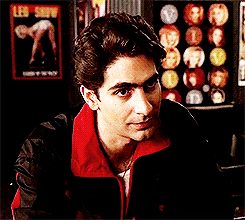
The supposed successor of Tony Soprano himself; that is, until all of the self-destructive behavior and piling up of dangerous enemies. Prior to his death, Christopher and Tony are returning from a meeting with the New York crime boss, Phil Leotardo. At this point in the series, Tony is fed up with Christopher's behavior and uses their pending car crash (and the latter's internal bleeding) as an opportunity to end his life. For a moment, Tony contemplates calling 911, but instead, after hearing Christopher's pleas, "I'll never pass the drug test," reaches over and plugs his nephew's nose.
-
Marvin Eriksen Sr in 'How I Met Your Mother'
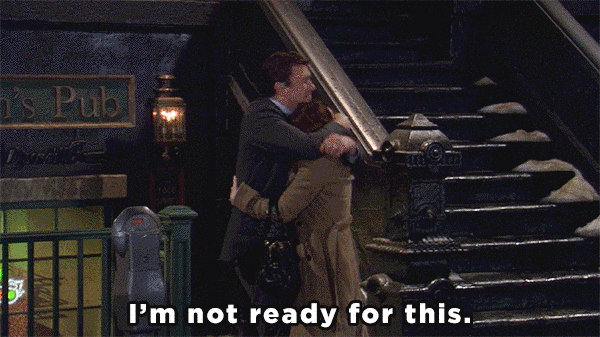
Marshall and his dad had a very close relationship. Marvin would give Marshall advice from places like the confines of his workshop in Minnesota. There's nothing more heartbreaking than an ominous shot of an empty workshop and the sound of a phone that will only continue to ring. When Marshall finds out about his father's abrupt passing, it's a rude awakening for the audience and a riveting reminder of the impermanence of existence.
-
Jax Teller in 'Sons of Anarchy'
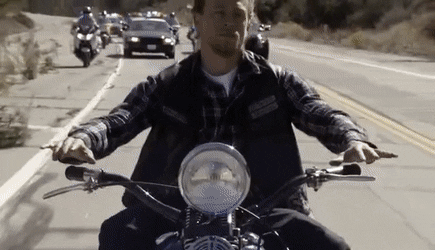 The Hamlet of the Hell's Angels. Jax's journey from semi-righteous gang member to misguided soul was a tragic one. We knew his demise was coming, although we knew not how. Suicide for the betterment of his friends and family via reckless driving (mirroring his father's death) is not what we would've guessed.
The Hamlet of the Hell's Angels. Jax's journey from semi-righteous gang member to misguided soul was a tragic one. We knew his demise was coming, although we knew not how. Suicide for the betterment of his friends and family via reckless driving (mirroring his father's death) is not what we would've guessed. -
Glenn Rhee in 'The Walking Dead'
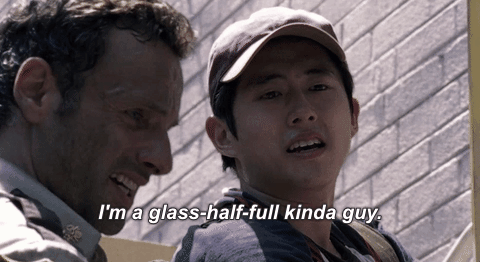
When Glenn was killed in the comics, everyone was shocked. He was arguably the most likable character in the story. When the show decided to approach this plot point, everyone knew Negan was coming and Glenn was toast. This one hurt for a number of reasons. We and TWD were lost without the pizza delivery guy.
-
Hank Schrader in 'Breaking Bad'
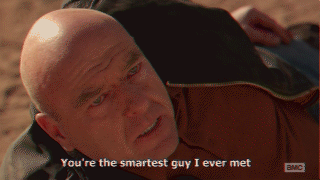
This one might be a toss-up between Mike and Hank actually: they were both victims of Walt's venomous pride. Some people may have even put Walt on this list. Nah. Walt's death was triumphant, he got what it wanted. Hank, the moral compass of their respective show, met an abrupt end right after telling his wife he loved her and thinking he had won—the crazy cousin killing champion was no more. The contrast between Hank and Walt at this moment in the show is the driving force behind Walt's "happy" ending.
-
Spike Spiegel in 'Cowboy Bebop'

Spike's fate is beautiful and ambiguous. From saying goodbye to his surrogate family, a blinded-eye metaphor about only seeing the past, to the fairy-tale retelling of his life, Cowboy Bebop's finale was an emotional one. After battling various members of the Red Dragon organization and finally facing off against (and defeating) Vicious, Spike turns to leave. Walking down the stairs, holding his side, and overcome with exhaustion due to all of the wounds he had sustained in battle, Spike finds himself face to face with more bad guys. He merely smiles, raises he hand (gesturing finger guns) and says "bang" before collapsing.
-
Coach in 'Cheers'
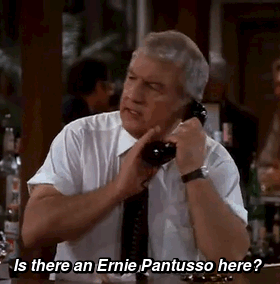
Everybody loves a good bartender. They listen to your stories, put up with your griping, and dim your wits with liquid debauchery. Ernie "Coach" Pantusso is a perfect example of such a glass-filling hero. As Sam Malone's second-in-command at the bar "where everybody knows your name," Coach spear headed the show's timeless humor. He was written out of the show due to the passing of Nicholas Colasnato. The actor's and the character's absence were felt for the show's entire run.
-
Rita Morgan in 'Dexter'
 Bay Harbour Butcher's wife dying right when he defeats the Trinity Killer—in the same way as Dexter's father? Rita deserved better; her entire life was spent surrounded by abuse and martial tension. If the series finale hadn't sucked so bad, we'd probably still be upset about this.
Bay Harbour Butcher's wife dying right when he defeats the Trinity Killer—in the same way as Dexter's father? Rita deserved better; her entire life was spent surrounded by abuse and martial tension. If the series finale hadn't sucked so bad, we'd probably still be upset about this. -
Quentin Coldwater in 'The Magicians'
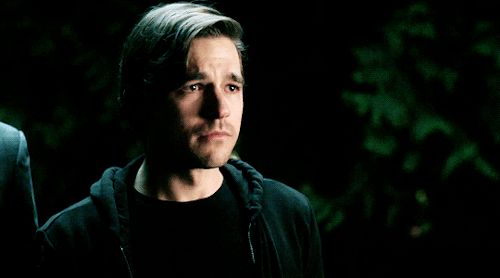
In the same vain as Ned Stark's curve-ball death came Quentin's demise. The show's main character gradually became not so for the sake of good writing. Quentin's character met a gut-wrenching, poignant end in the show. In the afterlife, Quentin contemplates the nature of his death, taking a surprisingly real look at what it means to be alive, die, and have a profound impact on others. The other characters' in memoriam rendition of A-ha's "Take On Me" cements The Magicians as one of the best shows no one is watching.
-
Barbara Holland in 'Stranger Things'
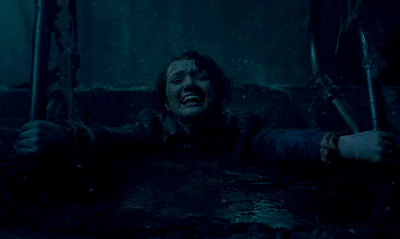
Actually, no one cared. #JusticeforBarb
